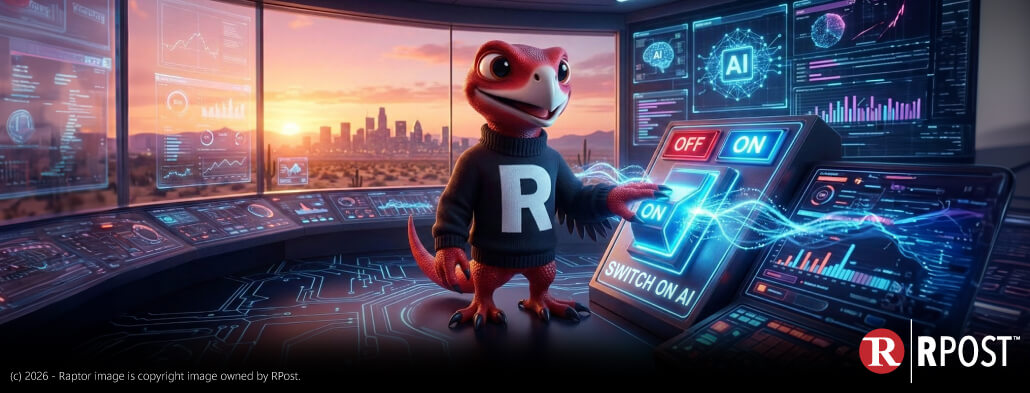
We’re continuing our series on the psychology of remote communications this week, as many/most of us are still working remotely with the persistence of this latest covid variant. In addition, many of our readers have indicated that these tips have been very helpful in fostering better work communications over the last year and a half. This has reminded the scientist in me that we now have a baseline (albeit anecdotal) that these tips actually work! Plus, many of our more recent product innovations are enabling these tips to be used with much greater ease.
This Week’s Tip: Make Effective (Virtual) Eye Contact
When you’re speaking with someone directly in the non-remote world (e.g., a car dealership, a restaurant or a dinner party), and they avoid eye contact, what do you normally think? Probably that they are uncomfortable and/or trying to hide something from you. Either way, it’s not a good look.
The question is, does eye contact have the same effect in the virtual world?
Many of us continue to succumb to all the distractions rampant in the remote working world. Think of it this way: When we were in the office, how many of us had to contend with kids/pets barging in on our meetings or having that loaf of sourdough bread in the oven set off the fire alarm? To the person on the other end of the videoconference, they have no idea what your home life is like, so through their video conference lens, they may only see someone who clearly is not interested in the business at hand. I wonder how many business deals were ruined by burned bread since 2020?
A recent study concludes that, yes, if you use eye contact in virtual meetings, the subconscious of the person you are connecting with automatically mimics your eye contact and movement, and there is then an initiated human connection. Interestingly, it is not seeing someone’s face or smile that creates this humanized encounter — it’s the live eye contact and the synchronizing of one’s gaze and blinking (click here for science behind it).
What if someone watches a pre-recorded “webinar”? Can your eye contact have the same impact?
According to the study, no; live eye contact invokes a greater emotional connection than pre-recorded. The study concludes that neural substrates of a live on-line mutual eye-gaze — this automatic eye mimicry – activates the limbic mirror system more in a live online encounter.
Bottom line: direct live online eye contact counts. Even in the virtual world, it remains a critical part of human social interaction because it is closely tied to the formation of relationships and feelings of empathy.
So that’s the science behind making (virtual) eye contact. Here’s some practical advice.
Make sure that your eyes are level with your computer’s camera. This is particularly difficult when working with laptops because when they are placed on desks (or laps) the cameras often must be tilted up, which can greatly throw off any meaningful eye contact. So put those old books and magazines to use and prop up your laptops with them so you can achieve direct and level eye contact.
In many ways, the Registered Encryption™ service from RMail provides the kind of disarming reassurance that quality eye contact provides. This patent pending RPost technology gives an email sender visibility around whether a sent email was in fact delivered encrypted from the sender’s desktop to the recipient’s inbox. As I’ve said before, it’s like the RMail Registered Receipt™ you’ve all come to know and love, but now you get certified proof of fact of end-to-end encryption. Put another way, Registered Encryption™ will not only show you that your message got to the receiver encrypted but that it traveled the whole way encrypted.
Know more:
Registered Encryption™ can record whether an email that was sent has remained at an acceptable or best level of encryption from the sender’s desktop through to and while inside the recipient’s inbox while the message is at rest; and can prove if needed – with an auditable and authenticatable record – that the sender did transmit specific content in their message end-to-end encrypted. How’s that for building trust?
Feel free to contact us to discuss how the Registered Encryption™ feature and RMail in general can help further humanize remote communications.

February 27, 2026

February 20, 2026
.jpg)
February 13, 2026

February 06, 2026

January 30, 2026